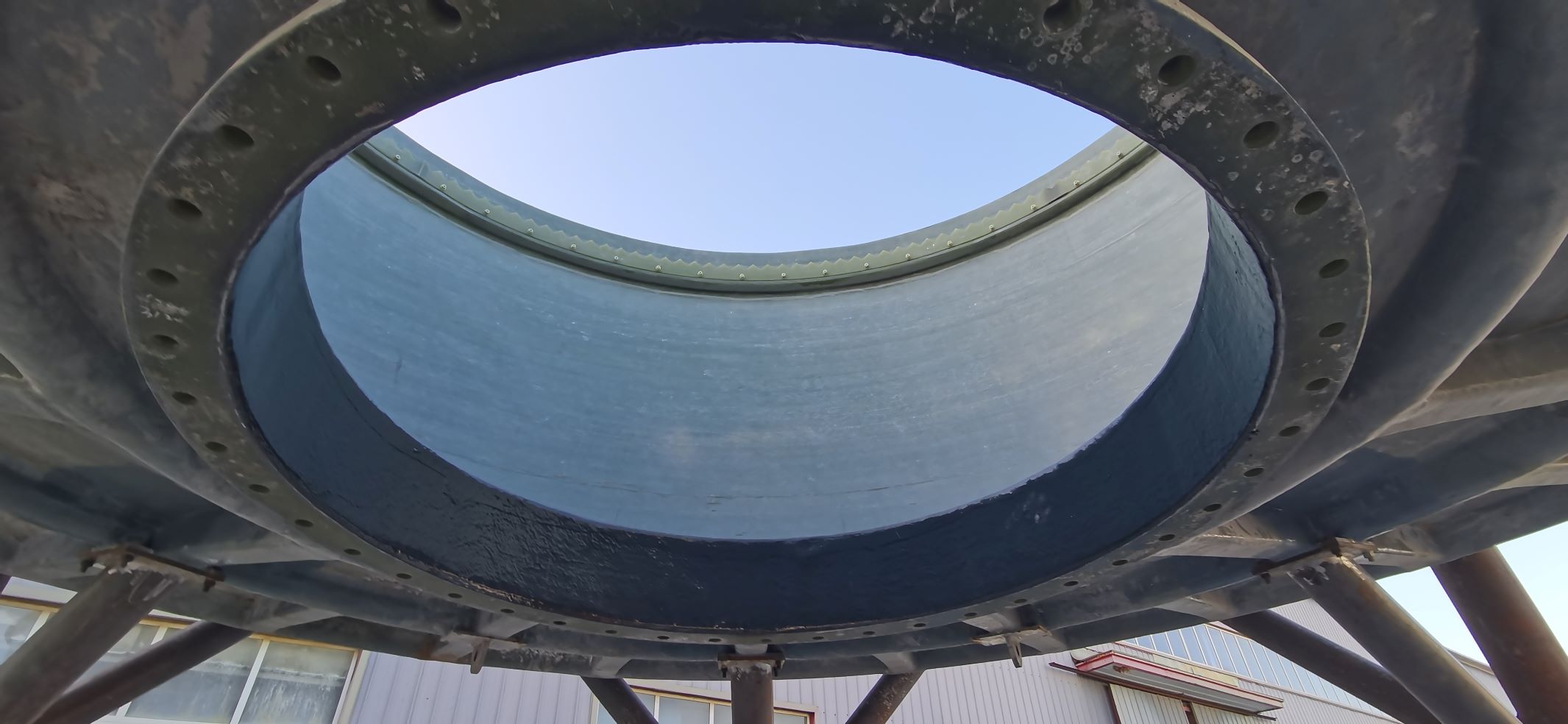
-
 Afrikaans
Afrikaans -
 Albanian
Albanian -
 Amharic
Amharic -
 Arabic
Arabic -
 Armenian
Armenian -
 Azerbaijani
Azerbaijani -
 Basque
Basque -
 Belarusian
Belarusian -
 Bengali
Bengali -
 Bosnian
Bosnian -
 Bulgarian
Bulgarian -
 Catalan
Catalan -
 Cebuano
Cebuano -
 China
China -
 China (Taiwan)
China (Taiwan) -
 Corsican
Corsican -
 Croatian
Croatian -
 Czech
Czech -
 Danish
Danish -
 Dutch
Dutch -
 English
English -
 Esperanto
Esperanto -
 Estonian
Estonian -
 Finnish
Finnish -
 French
French -
 Frisian
Frisian -
 Galician
Galician -
 Georgian
Georgian -
 German
German -
 Greek
Greek -
 Gujarati
Gujarati -
 Haitian Creole
Haitian Creole -
 hausa
hausa -
 hawaiian
hawaiian -
 Hebrew
Hebrew -
 Hindi
Hindi -
 Miao
Miao -
 Hungarian
Hungarian -
 Icelandic
Icelandic -
 igbo
igbo -
 Indonesian
Indonesian -
 irish
irish -
 Italian
Italian -
 Japanese
Japanese -
 Javanese
Javanese -
 Kannada
Kannada -
 kazakh
kazakh -
 Khmer
Khmer -
 Rwandese
Rwandese -
 Korean
Korean -
 Kurdish
Kurdish -
 Kyrgyz
Kyrgyz -
 Lao
Lao -
 Latin
Latin -
 Latvian
Latvian -
 Lithuanian
Lithuanian -
 Luxembourgish
Luxembourgish -
 Macedonian
Macedonian -
 Malgashi
Malgashi -
 Malay
Malay -
 Malayalam
Malayalam -
 Maltese
Maltese -
 Maori
Maori -
 Marathi
Marathi -
 Mongolian
Mongolian -
 Myanmar
Myanmar -
 Nepali
Nepali -
 Norwegian
Norwegian -
 Norwegian
Norwegian -
 Occitan
Occitan -
 Pashto
Pashto -
 Persian
Persian -
 Polish
Polish -
 Portuguese
Portuguese -
 Punjabi
Punjabi -
 Romanian
Romanian -
 Russian
Russian -
 Samoan
Samoan -
 Scottish Gaelic
Scottish Gaelic -
 Serbian
Serbian -
 Sesotho
Sesotho -
 Shona
Shona -
 Sindhi
Sindhi -
 Sinhala
Sinhala -
 Slovak
Slovak -
 Slovenian
Slovenian -
 Somali
Somali -
 Spanish
Spanish -
 Sundanese
Sundanese -
 Swahili
Swahili -
 Swedish
Swedish -
 Tagalog
Tagalog -
 Tajik
Tajik -
 Tamil
Tamil -
 Tatar
Tatar -
 Telugu
Telugu -
 Thai
Thai -
 Turkish
Turkish -
 Turkmen
Turkmen -
 Ukrainian
Ukrainian -
 Urdu
Urdu -
 Uighur
Uighur -
 Uzbek
Uzbek -
 Vietnamese
Vietnamese -
 Welsh
Welsh -
 Bantu
Bantu -
 Yiddish
Yiddish -
 Yoruba
Yoruba -
 Zulu
Zulu
fiberglass reinforced plastic tanks
Fiberglass Reinforced Plastic Tanks A Durable Solution for Various Industries
Fiberglass reinforced plastic (FRP) tanks have gained significant popularity across various industries due to their unique characteristics and advantages over traditional materials. These tanks are designed to store a wide range of liquids, including chemicals, water, and waste materials. The combination of fiberglass and plastic provides a robust solution that addresses many of the challenges associated with conventional tank materials like steel and concrete.
One of the most notable benefits of FRP tanks is their exceptional corrosion resistance. Unlike metal tanks, which can rust and deteriorate when exposed to harsh chemicals and environmental conditions, FRP tanks maintain their integrity and do not corrode. This feature makes them ideal for industries such as chemical processing, wastewater treatment, and agriculture, where the stored substances can be corrosive or aggressive.
Another significant advantage of fiberglass reinforced plastic tanks is their lightweight nature. FRP materials offer considerable strength without the weight of steel or concrete. This lightweight characteristic simplifies transportation, installation, and maintenance processes. In addition, it allows for easier handling on-site, reducing labor costs and time during construction and setup.
Additionally, FRP tanks provide excellent thermal insulation properties. The insulating capabilities help maintain the temperature of the stored liquids, which can be crucial for processes that require specific temperature conditions. This thermal stabilization reduces the risk of temperature fluctuation, ensuring the proper preservation and quality of the stored materials.
fiberglass reinforced plastic tanks

Fiberglass reinforced plastic tanks are also highly customizable. Manufacturers can design tanks in various shapes, sizes, and configurations to meet specific needs. This flexibility makes it easy for industries to find the right tank for their applications, whether they need a small tank for a laboratory or a large storage solution for an industrial facility. Furthermore, different resin types can be used to enhance specific properties such as chemical resistance, allowing for even greater customization.
In terms of durability, FRP tanks can withstand extreme weather conditions, including high temperatures, freezing, and UV radiation. This resilience extends the lifespan of the tanks and reduces the need for frequent replacements. As a result, industries can save on long-term operational costs while minimizing environmental impact.
Maintenance of fiberglass reinforced plastic tanks is relatively straightforward. Regular inspections and cleaning are often sufficient to keep the tanks in optimal condition. The non-porous surface of FRP makes it less likely for contaminants to adhere, contributing to easier upkeep and hygiene, which is particularly important in food and beverage applications.
Moreover, the environmental impact of FRP tanks is lower compared to traditional options. The materials used in the fabrication of these tanks can be recycled, and their long lifespan reduces the need for frequent replacements, ultimately leading to less waste.
In conclusion, fiberglass reinforced plastic tanks offer a versatile, durable, and cost-effective solution for various industries. Their corrosion resistance, lightweight design, thermal insulation properties, and customization options make them an ideal choice for businesses looking to improve storage efficiency and reliability. As industries continue to evolve, the demand for innovative solutions like FRP tanks is expected to grow, cementing their role in modern infrastructure.
Latest news
-
Exploring the Benefits of Top Hammer Drifter Rods for Enhanced Drilling PerformanceNewsJun.10,2025
-
High-Precision Fiberglass Winding Machine for GRP/FRP Pipe Production – Reliable & Efficient SolutionsNewsJun.10,2025
-
FRP Pipes & Fittings for Shipbuilding - Corrosion-Resistant & LightweightNewsJun.09,2025
-
Premium FRP Flooring Solutions Durable & Slip-ResistantNewsJun.09,2025
-
Premium Fiberglass Rectangular Tanks Durable & Lightweight SolutionNewsJun.09,2025
-
Tapered Drill String Design Guide Durable Performance & UsesNewsJun.09,2025









